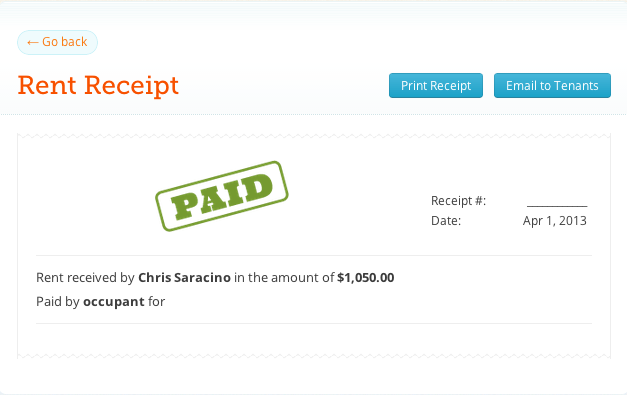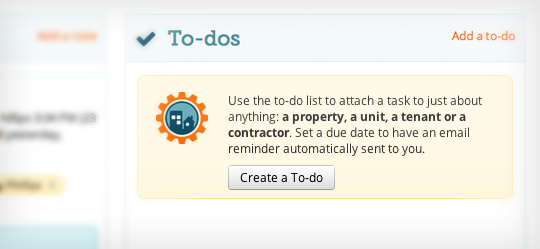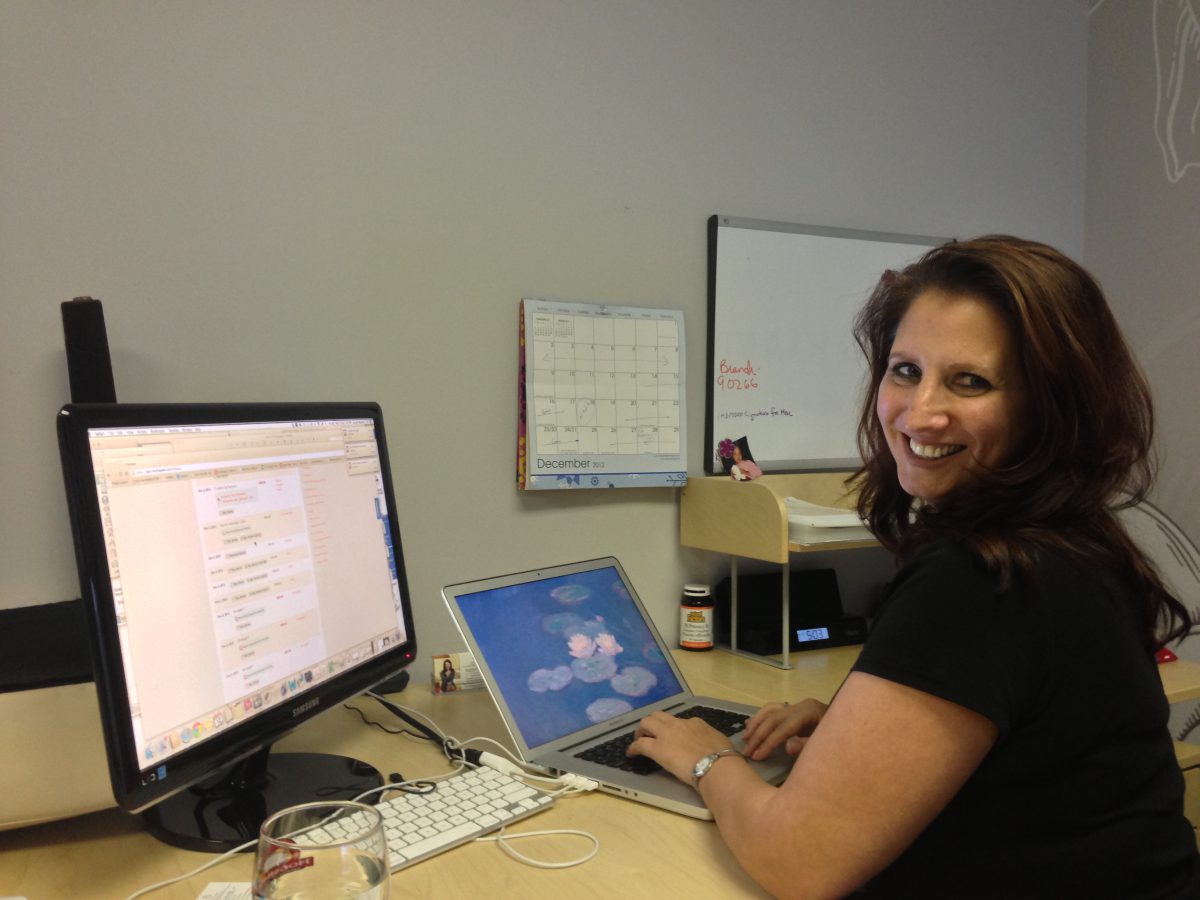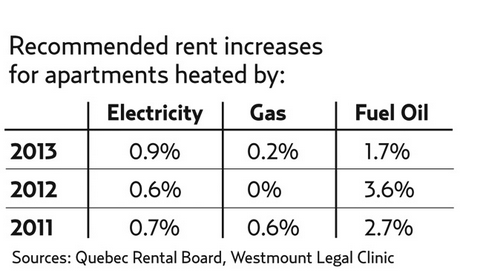Small landlords are a component of arguably one of the least innovative markets on the web in Canada: real estate. When it comes to using services in the cloud, it’s a bit behind the pack. Strange, because in many ways, it’s a perfect example of a market that can most benefit from using the convenience and utility of web based tools and services.
In an age where we see startups taking hard transformative glances at some of the most everyday things people do (couponing, group discounts, betting, customer relationship management, even organizing recipes), it’s difficult to understand why the Canadian real estate market in general has seemed to suffer from being left out in the cold – a frozen winter that is dated designs, unfriendly user interfaces, and a general sense of being stuck in the era of the internet pre-iPhone – when Internet Explorer 6 and Hotmail were standards.
A perfect example of this is Canada’s leading residential real estate listing service – Realtor.ca (formerly MLS.ca). Sure – it’s useful. It does the job – but it could really be a lot better. Canada’s number 1 visited real estate website hasn’t changed that much in over 10 years – and 2009’s mobile version of the application was met with as much enthusiasm as Microsoft’s Zune. Great idea – bad execution. It’s particularly embarrassing when you see what’s going on south of the border with great sites like Trulia and Zillow.com
So why is this? Is it possible that this market is controlled by a select group of barons – an old boys club so to speak – that just refuses to embrace the revolution that is Web 2.0? The internet’s already in the throes of discussing what Web 3.0 is going to look like. We’re not sure. Is it too boring? It’s not a black and white situation. CREA has been fighting with the Competition Bureau about opening up the MLS database so that other sites and services can use it too. It’s been a real bone of contention. I’m not interested in making a comment on the spat between them. I’m simply pointing out that innovation on the web in Canadian real estate is perhaps being compromised because of it, and it doesn’t have to be. I’d love CREA to revamp the hell out of Realtor.ca and give some of these U.S. sites a run for their money. It feels like a bit of the Blackberry vs. iPhone/Android scenario. Come on! Canada’s real estate market is among some of the best in the world.
Back in 2008 – a little Canadian startup called Zoocasa entered the scene, hell bent on changing what a real estate listing looked like and how you found and searched for a home. It was “Home Search With Smarts”. It was developed as a slicker, more efficient alternative to the Multi Listing Service, and aimed at using the web to browse the housing market intelligently. These guys are a Rogers Ventures business – an impressive fact on it’s own. While the execution was great, realtors are required to post their listings proactively to the service, and there’s been issues with Realtor.ca in the past with “scouring” listings. Zoocasa was also successfully sued recently by Century 21 in Canada, and lost cases with individual realtors who took issue with the company “scraping” listings to populate it’s service.
The landlord market is no different. Most of the products for professional property managers and self managing owners seem like they’re geared more for corporations than landlords who have a secondary suite. Television shows like Income Property promote the benefits of having a subsidized mortgage, which has spurned increasing numbers of people to invest in duplexes and triplexes in the climbing Canadian real estate market of the last 10 years. It’s been a good ride and a lot of people have made a lot of money – but when it comes to “managing” a rental, it seems like you’re better off to keep that old manual ledger you picked up at Staples 10 years ago. Dust it off buddy – you’re a landlord now.
That’s changed in the last few years, and there’s been a series of new startups focusing on the small time landlord that have received a significant amount of attention, and in some cases, a significant amount of capital investment. Cozy – a San Francisco based startup – is an example of that. Raising 1.5 million dollars of funding from the likes of Google Ventures and business guru and internet sensation Gary Vaynerchuk. Their aim of focusing on the two biggest pains in the butt for landlords – rental applications and tracking payments – takes a radically simplified look at the job of owning and managing rental property.
There are even cooler examples within the greater real estate realm. Lovely – another San Francisco based startup – has elegantly innovated the common apartment search for renters. One of the more interesting examples I recently came across which is real estate related, is The Dirt, a cool startup out of Toronto – that aims to populate it’s own property database “socially”. Cool idea. Their idea is about the sharing of information vs. Zoocasa’s aim to enhance what existed with MLS.
So what’s going on real estate? Share your thoughts with us.











